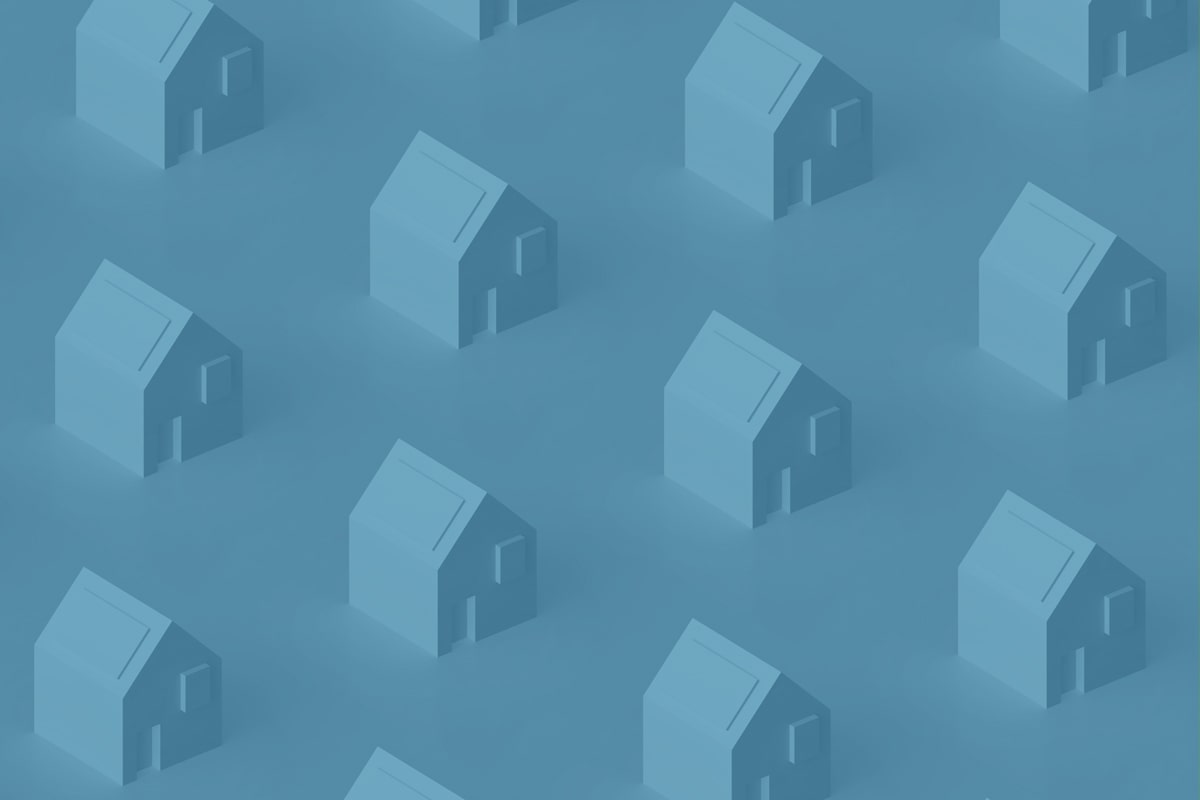Housing commencements feeling the impact of Covid-19 as supply not expected to match demand until at least the end of 2023
The latest Housing Market Monitor published today by Banking & Payments Federation Ireland (BPFI) shows that housing supply is feeling the impact of Covid-19 disruptions and won’t match demand until at least the end of 2023. With a decline in both completions and commencements of new builds this year due the current pandemic the supply of housing stock in the year ahead will now fall well short of expected current and pent up demand.
Providing his analysis of supply and demand in the housing market, Dr Ali Uğur, Chief Economist, BPFI explains that, despite the better than expected recovery in the construction industry following the impact of the severe Covid-19 restrictions earlier this year, the completion of new housing supply will not only be lower than expected in 2020 but the shortfall in the commencement of new units this year will create a knock-on effect into next year and beyond:
“Housing completions in Ireland recovered somewhat in the third quarter of 2020, after a significant fall in the second quarter due to pandemic related public health measures. However, total completions in the nine months ending September 2020 saw a 10% decline compared to the same period in 2019.
On the other hand, when we look at the commencement activity during 2020, which is an indicator for potential output in 2021, we see that as of August 2020 commencement levels were down by around 24% compared with the same period in 2019. The latest data shows that there were almost 3,200 housing commencements in the July-August period of 2020, a decline of around 37% year on year. Dublin and Dublin Commuter recorded the highest year-on-year declines, down by 56.1% and 48.7%, respectively.
Even if the number of commencements for the rest of year were to match the levels observed during the same period in 2019, this would only bring total commencements to around 20,000 units in 2020. Hence, lower than expected commencement numbers in 2020 will put pressure on the number of new dwellings to be completed in 2021 at a time when most observers expected housing supply to catch up with both current and pent-up demand, estimated to be around 35,000 units. It is now likely that housing output will not reach these levels until the end of 2023.”
Housing demand
Evaluating the likely demand for housing Dr Uğur points to the significant rebound in both mortgage drawdowns as well as mortgage approvals in the third quarter of this year with October recording €1.25 billion worth of mortgage approvals, the highest one-month total since the data series started back in 2011. This increased level of approval activity is expected to provide a good pipeline for mortgage drawdowns for the rest of the year as well as in the first quarter of 2021. Dr Uğur additionally points to better than expected income levels and improving economic conditions as further gauges for measuring likely housing demand:
“In the June 2020 edition of the Housing Market Monitor, we argued that demand may hold up better than supply for the rest of the year given that certain sectors of the economy were not as badly affected as other sectors where employees were able to continue to work from home. This pattern has continued since then as evident from the most recent income tax figures published by the Department of Finance showing that there was only a 3.3% decline in the overall income tax take in the year to end of October in 2020 despite significant number of employees being on some sort of state support during the period. Income levels as well as future expectations play an important role in housing demand, in addition to other factors such as demographics and interest rates. Given that some of the uncertainty around the overall economic effects of the pandemic that was present initially has been diminishing over time, demand for housing can continue to move on the trend that was evident before the pandemic.”
The BPFI Housing Market Monitor is available on the BPFI website here.
Notes: Banking & Payments Federation Ireland (BPFI) represents the banking, payments and fintech sector in Ireland. Together with its affiliates, the Federation of International Banks in Ireland and the Fintech & Payments Association of Ireland, BPFI has some 100 member institutions and associates, including licensed domestic and foreign banks and institutions operating in the financial marketplace here.
The BPFI Housing Marking Monitor is published quarterly. In addition to presenting a unique range of loan-level data, the Monitor draws on a range of published data under the three key headings of housing supply, housing prices and rents, and housing transactions in its assessment of the current state of the housing market.
Contact: Jillian Heffernan, Head of Communications, 087 9016880 or jillian.heffernan@bpfi.ie







